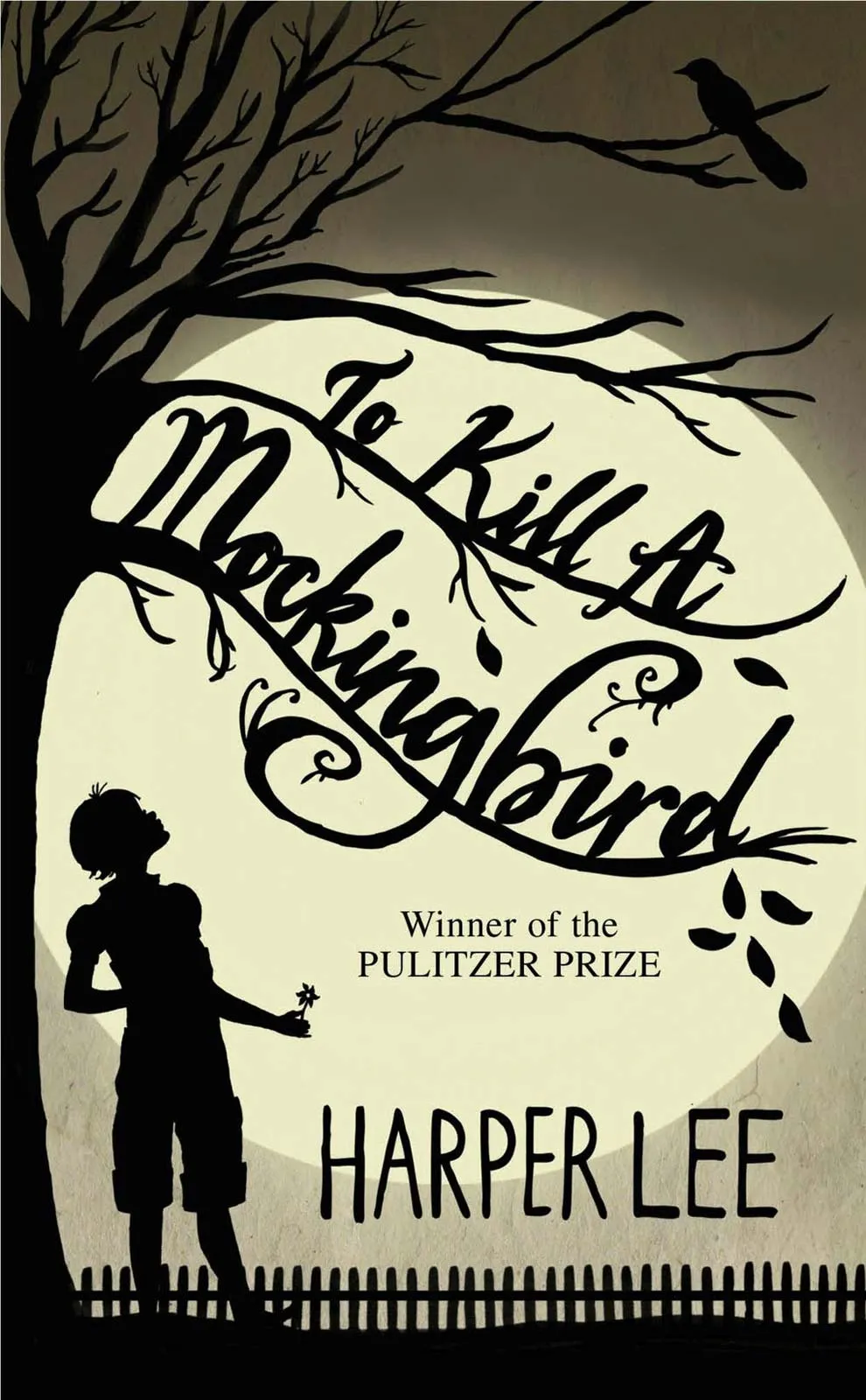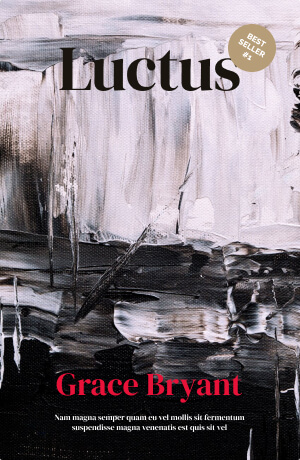MY REVIEW OF A NEW CLASSIC
To Kill a Mockingbird
Right now, yes. At this very moment is the perfect time to read To Kill a Mockingbird by Harper Lee. You don’t need any special criteria, additional encouragement, or hours spent digging through reviews.
It’s a classic of American literature, validated by generations of readers across the globe.

Introduction
Right now, yes. At this very moment is the perfect time to read To Kill a Mockingbird by Harper Lee. You don’t need any special criteria, additional encouragement, or hours spent digging through reviews. It’s a classic of American literature, validated by generations of readers across the globe. In 2006, British librarians ranked it ahead of the Bible in a “books to read in your lifetime” list.
Released during the Civil Rights Movement in the U.S., the novel had a profound impact on collective consciousness. It’s a milestone work—one you truly need to experience for yourself. Oh, and let’s not forget the 1962 film adaptation directed by Robert Mulligan, which snagged three Academy Awards.
“Mockingbirds don’t do one thing but make music for us to enjoy. They don’t eat up people’s gardens, don’t nest in corncribs, they don’t do one thing but sing their hearts out for us. That’s why it’s a sin to kill a mockingbird.” —Miss Maudie
The story is brilliantly narrated by six-year-old Scout Finch, daughter of Atticus Finch and younger sister to Jem. Set in the 1930s in the fictional Alabama town of Maycomb, the novel is divided into two parts: the first details the childhood adventures of Scout, Jem, and their friend Dill, while the second focuses on the trial of Tom Robinson.
Two Stories in One
The first half introduces us to Boo Radley, the mysterious neighbor who fascinates and terrifies the children in equal measure. Their curiosity about Boo leads them into risky adventures, fueled by community gossip and urban legends. As they mature, they begin to understand Boo better, realizing he’s not the monster they imagined.
The second half dives into the heavy theme of racism, focusing on the trial of Tom Robinson, a Black man falsely accused of raping a white woman, Mayella Ewell. Atticus Finch, as Tom’s defense lawyer, offers Scout a front-row seat to the systemic injustice of their world. Through Scout’s keen observations, we watch her innocence transform into a deeper understanding of prejudice, cruelty, and empathy. Her perspective shifts permanently, making her more compassionate and morally grounded.
A title packed with meaning
The mockingbird symbolizes innocence. Boo Radley and Tom Robinson are the story’s “mockingbirds”—harmless individuals crushed by society’s prejudices.
“… but do one thing for me if you will: you just hold your head high and keep those fists down.” —Atticus
The story is set against the backdrop of the Great Depression, a time of profound economic struggle in 1930s America. It was a world of 25% unemployment, a crisis that reshaped the global economy. But even in those turbulent years, there were people like Atticus Finch who believed peaceful solutions were possible.
Why you shouldn't miss this book
“I think there’s just one kind of folks. Folks.” —Scout
In a world fraught with challenges, biases, and stereotypes, adult thinking often falls prey to these limitations. In contrast, a child’s untainted perspective is one of the most valuable tools for cutting through confusion. Scout’s sharp insights expose the injustices of her world with a clarity that’s both heartbreaking and hopeful.
Through Scout’s voice, Harper Lee highlights society’s failures and prejudices in ways that make you think, question, and hope. To Kill a Mockingbird isn’t just about racism—it’s about morality, justice, and humanity.
Characters to Love
You’ll adore the characters. Who wouldn’t want a friend like Atticus, a wise and ethical man, or a clever and observant little girl like Scout? Jem’s coming-of-age journey is equally compelling. Atticus isn’t just a moral compass—he’s the kind of person who makes you ask yourself, “What would Atticus do in this situation?”
What’s remarkable about Atticus is his genuine respect for others. He doesn’t preach “tolerance” for Black people in the patronizing way it’s often discussed. Instead, he embodies true equality and gratitude for their contributions, refusing to view his actions as favors.
A Note on Boo Radley
One thing I wish the book had explored more? Boo Radley’s life. What was his daily existence like? How did he feel behind those closed doors? While the mystery surrounding Boo adds to his enigma, a deeper dive into his perspective could have enriched the story even further.
The Book of Books
When I first read the title, To Kill a Mockingbird, I couldn’t help but think of the biblical commandment, Thou shalt not kill. The novel brims with moral lessons and tales that show the consequences of our choices. It’s not a book of warnings—it’s a book about humanity, about us and those like us.
By the end, you’ll wish for more Atticuses in the world—people who stand firm against racism and discrimination, who redefine values and prioritize what truly matters. This book isn’t just a read—it’s a call to be better.


